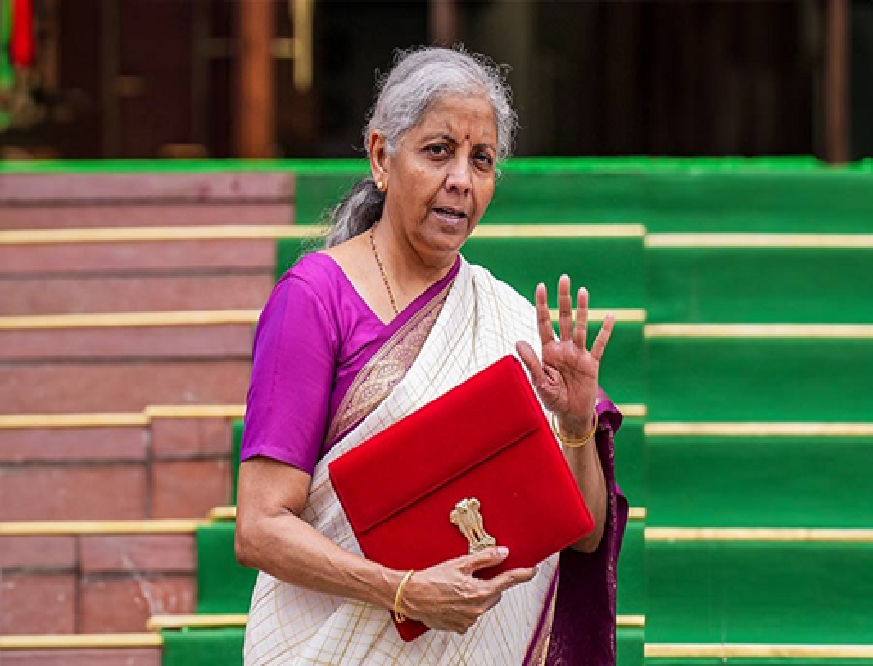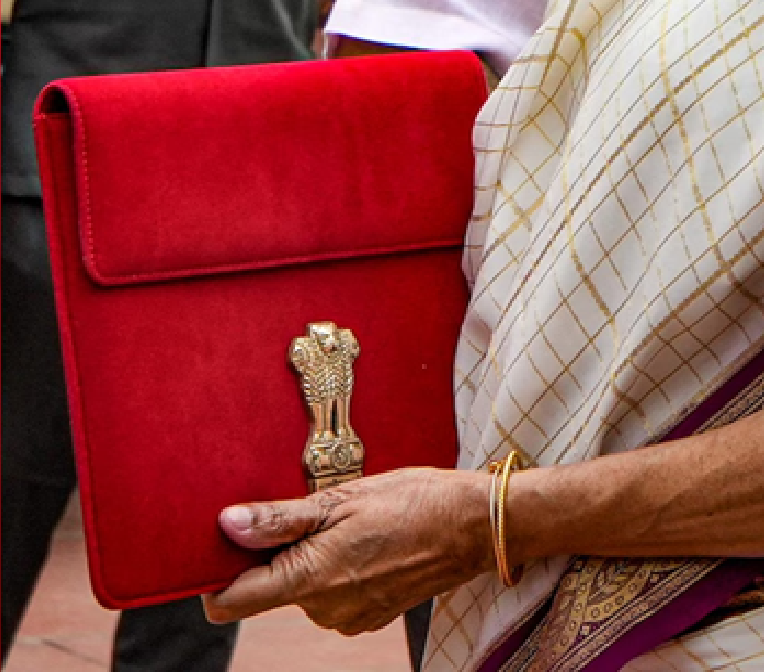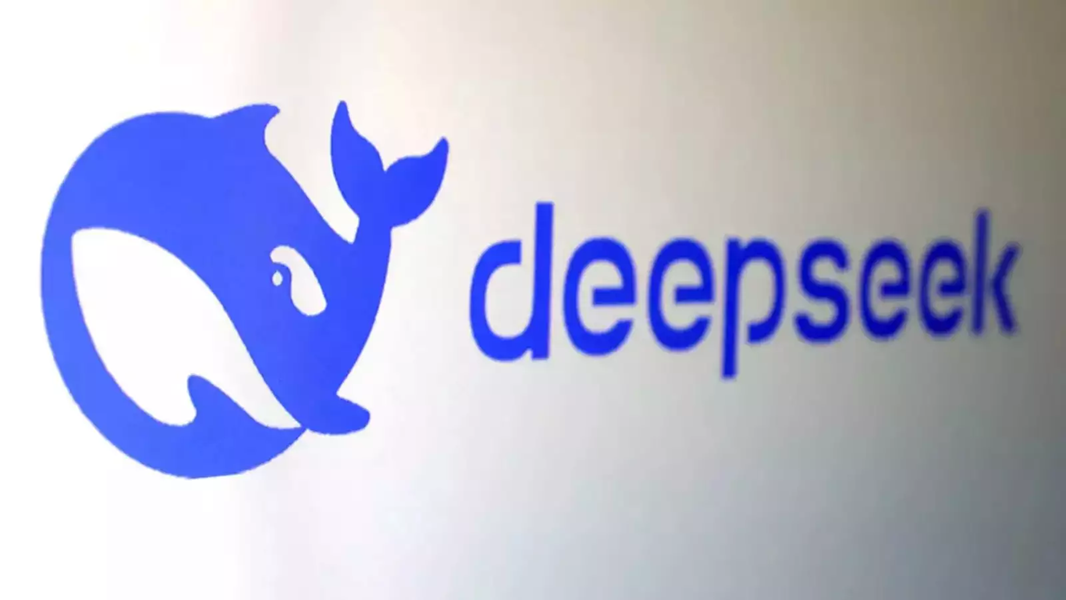
Social media firms were made to fall in line
New Delhi: Explosive confrontations and standoffs between social media giants and the government marked a stormy start to 2021, and the coming year promises to be just as action-packed as India brings in legislation to protect personal data, enforces tighter checks on digital platforms and regulates cross border transfer of information.
Farmers’ agitation
The year began on a turbulent note for social media platforms when the government asked Twitter to block tweets and handles in connection with the farmers’ agitation over agricultural laws, which have now been repealed. Twitter had complied, only to restore the accounts later, leading to a massive standoff between the microblogging platform and the government.
Matters only got worse for the microblogging platform as the government issued more notices in the following weeks to Twitter to take down accounts that were allegedly spreading misinformation and provocative content around farmers’ protests. It withheld access to accounts of certain prominent personalities like Punjabi singer JazzyB, hip-hop artist L-Fresh the Lion and others in response to a legal demand in India.
Twitter went on an offensive and flagged concerns around the safety of its staff in the country. It alleged intimidation by the police after its office premises were searched by the Delhi police in May.
Hate speech
Social media companies were under the lens globally too for hate speech, misinformation and fake news on their platforms. India, on several occasions, has emphasised that while it fully supports foreign and Indian companies in leveraging the internet as a “force of good”, it will take all measures to ensure that the internet remains open and is not dominated by big companies.
And this was evident when the Centre introduced stringent rules for social media and OTT platforms in February to make them more accountable to end-users in one of the world’s largest internet markets.
The rules required social media companies to take down contentious content quicker, appoint grievance redressal officers and assist in investigations. The rules were controversial from the very start as platforms voiced concerns over traceability mandate and short timeline for appointment of the key officials.
Twitter faces wrath
While platforms like Facebook (now Meta) and Google complied with the rules by the May 26 deadline, Twitter -- even after the expiry of the additional time -- did not appoint the requisite officers, leading to it losing the ‘safe harbour’ immunity.
Non-compliance with rules would result in these social media companies losing their intermediary status that provides them exemptions from liabilities for any third-party information and data hosted by them.
Twitter -- which has had several run-ins with the government this year including marking of posts by BJP leaders as manipulated media -- found itself in murky waters after displaying a distorted map of India that showed Jammu and Kashmir and Ladakh as a separate country. The glaring distortions added to a massive backlash from social media users.
Prasad’s AC hacked
In June, Twitter -- which has over 1.75 crore users in India -- courted controversy yet again when it temporarily blocked then IT Minister Ravi Shankar Prasad’s account for alleged violation of the US Copyright Act, a move Prasad slammed as being arbitrary and gross violation of IT rules. Matters only aggravated after the verified blue badge was removed from many accounts, including the personal account of Vice President M Venkaiah Naidu.
“We value the open lines of communication with the Government of India and share a commitment to work together towards building a digitally inclusive, safe and Open Internet that encourages public conversation,” a Twitter spokesperson said.
The spokesperson added that India is a priority market for Twitter -- one that it is deeply committed to -- and that it will continue to step up the level of proactive enforcement across the service and invest in technological solutions to tackle abuse and ever-evolving malicious online behaviour.
In November, Twitter Co-Founder and CEO Jack Dorsey announced that Parag Agrawal would succeed him in the top role. The India-born executive -- who served as Twitter’s Chief Technology Officer since 2017 -- will have to navigate the regulatory challenges across markets and scale up user base and revenue.
Big tech firms under lens
In India, the Competition Commission of India (CCI) is probing whether Google has adopted anticompetitive, unfair and restrictive trade practices in relation to Android operating system. In September, Google moved the Delhi High Court
 English daily published in Bengaluru & Doha
English daily published in Bengaluru & Doha






